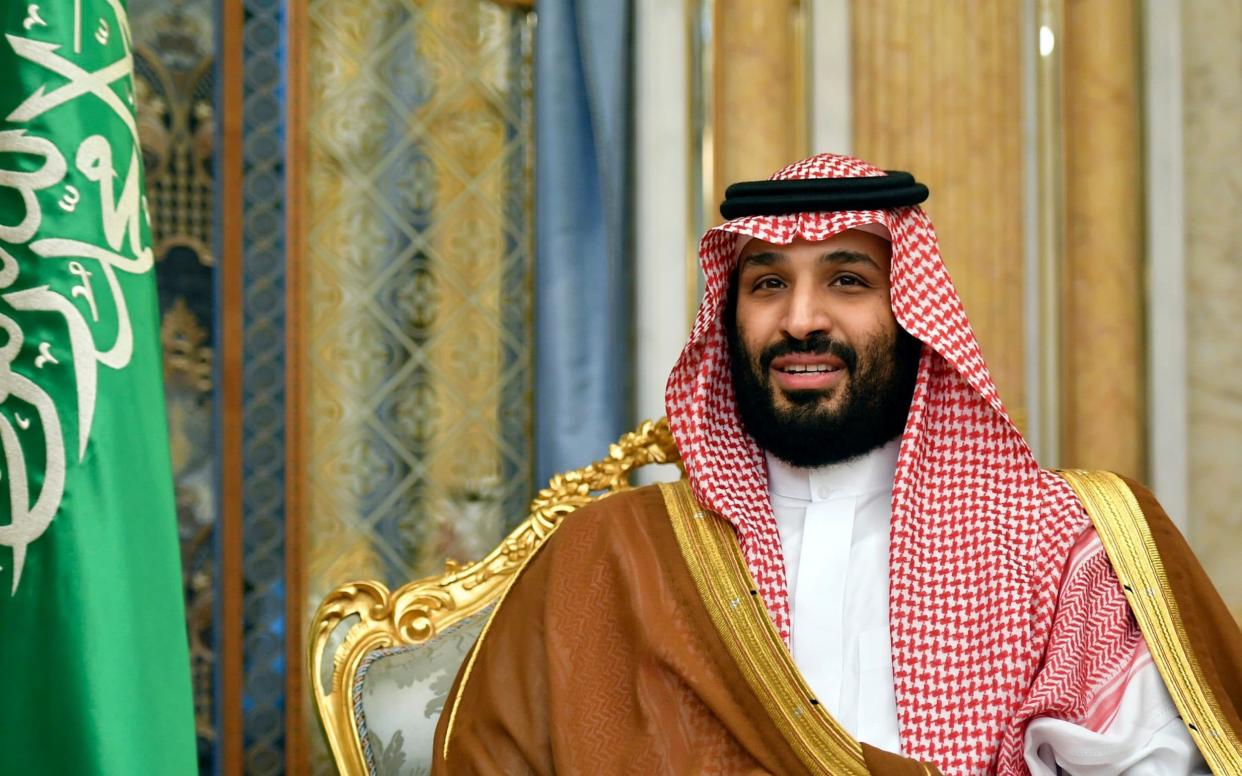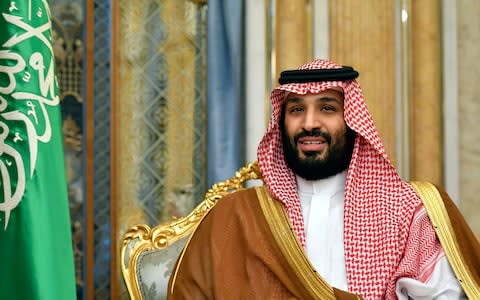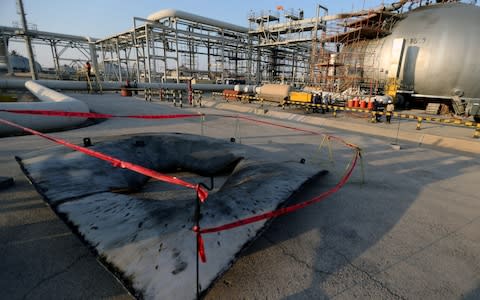Saudi prince warns regional war with Iran could lead to 'total collapse of global economy'

A war with Iran would lead to “a total collapse of the global economy”, Saudi crown prince Mohammed bin Salman has said, as he called for a political solution and endorsed talks between Donald Trump and Iranian leaders.
Speaking two weeks after Iran allegedly bombed major Saudi oil facilities, and as new footage of the attack surfaced, the kingdom’s de-facto ruler said that a full-scale conflict in the Persian Gulf would cause oil prices to jump to “unimaginably high numbers that we haven't seen in our lifetimes”.
“The political and peaceful solution is much better than the military one,” Crown Prince Mohammed told CBS News.
Saudi Arabia has taken a relatively mild approach since the September 14 attack on oil facilities at Abqaiq and Khurais, which the US blames on Iran, and has not called for military retaliation.
That stance is believed to reflect Saudi concerns that they would be the main target for Tehran if a regional war did break out, and that the kingdom’s military would struggle to defend against experienced Iranian forces.

The crown prince was pressed on the imprisonment and alleged torture of around a dozen female activists who were arrested last year by Saudi authorities. Most of the women, including campaigner Loujain al-Hathloul, had been involved in calls for women to be allowed to drive.
Crown Prince Mohammed said he was powerless to interfere in the Saudi judicial system and appeared to claim that he was hearing of the issue for the first time, even though the women’s cases have been widely reported in international media for a year.
“If this is correct, it is very heinous. Islam forbids torture. The Saudi laws forbid torture. Human conscience forbids torture. And I will personally follow up on this matter,” he said.
He said he was “pained” by the perception that he did not support women’s rights. “This perception pains me. It pains me when some people look at the picture from a very narrow angle,” he said.

Meanwhile, questions continued to surround the sudden death of one King Salman’s bodyguards. General Abdulaziz al-Faghem, a personal bodyguard to the Saudi monarch, was shot dead by a friend during a personal dispute, according to state media.
The two men reportedly got into an argument in the city of Jeddah on Saturday night and the friend killed Gen. al-Faghem and wounded two other people. The man, who has not been identified, was then killed by Saudi security services.
It remains unclear what the dispute was about.

